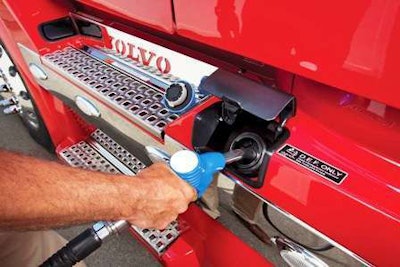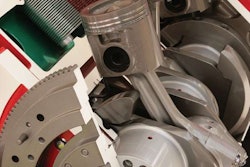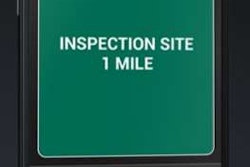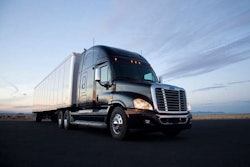
That’s certainly good news. Although I know quite a few people in the trucking industry who wonder if that end justified the means. Because the Emissions War that wracked trucking in the first decade of this new century was a decidedly messy affair. And it seems some battles are still being fought today.
An article by Holman W. Jenkins, Jr., written for the Wall Street Journal came across my desk yesterday. It’s worth a read because it highlights not only how cutthroat the battle over competing emissions technologies became among engine manufacturers, but also spotlights egregious Federal overreach by the U.S. Environmental Protection Agency. It’s one of those rare (these days) cases that unites conservatives and liberals alike and raises serious questions about how much power an agency like the EPA should be granted.
The story dates back to the height of the EGR-SCR wars in 2006, when the EGR camp (Caterpillar and Navistar) was looking for ways to make life difficult for their SCR competitors. The timeline is complex, but essentially, Caterpillar tipped off the EPA about stationary diesel engines produced by Volvo Penta (a wholly owned subsidiary of AB Volvo) in Sweden, that did not comply with a 1999 consent decree forcing all engine makers to accelerate compliance with new emissions standards. The only problem, in Jenkins’ words, was that the engines in question were “not built in America, not sold in America, unlikely ever to end up in America, and not subject in any way to the EPA’s statutory jurisdiction.” Nevertheless the EPA – perhaps a bit drunk with power – slapped Volvo with a $72 million fine, even though the agency had previously certified the engines as compliant with then-current emissions levels. A federal appeals court later found that the consent decree did not in fact apply to the engines, but upheld the penalty anyway lest Volvo enjoy a competitive advantage in the race to develop EPA 2010-compliant engines.
To its credit, Volvo has been steadfastly fighting this case, which has now been appealed to the United States Supreme Court.
The fact that the EPA feels empowered to punish a private company for emission performance outside of U.S. borders is certainly troubling. And, frankly, sets a precedent that ought to give all major global engine players pause. Moreover, it’s clear now that the SCR side decisively won the Emission Wars. The idea that Volvo, which played a key role in developing SCR and was an outspoken SCR and emissions-compliance advocate during that long war, is being punished for the performance of diesel engines it never intended to sell in North America in the first place is absurd.
Here’s hoping the court finds in favor of Volvo and against government overreach.











